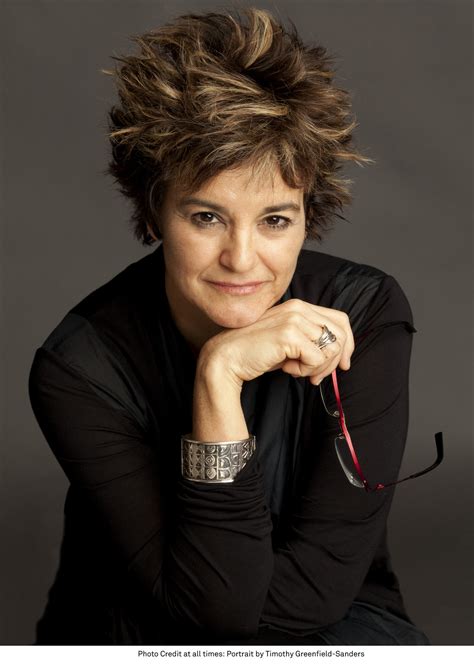A Quote by Tecia Torres
To represent the Latin American people - especially Latin American women... there's not many of us fighting. To be one of the ones that are able to set a precedent and to fight in Mexico is really amazing.
Related Quotes
Mexico City is the center of art and culture and politics and has been and continues to be for Latin America in a way that I think really called to me as an artistic person, as someone that was interested in the politics of Latin America, you know. God, every single famous person in Latin American history and art and politics seems to have found their way to Mexico City.
We are developing in the United States a huge underclass of unwanted people, many of them the descendants of the exploitation of the South American and Latin American countries by American piratical capitalism. Not all capitalism is piratical, but some of it certainly is. And we have a fantastic gap beginning to exist between rich and poor.

































